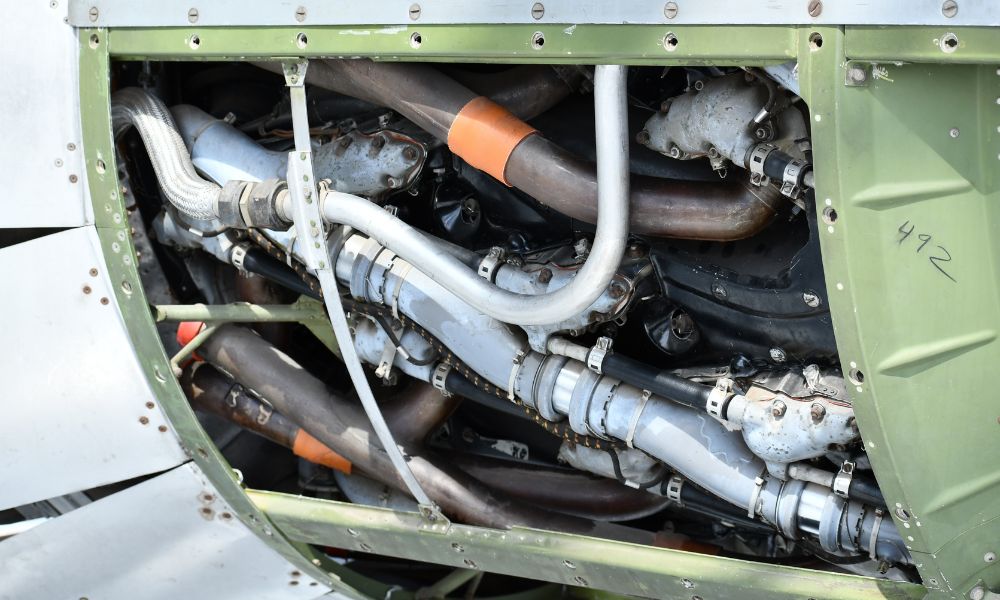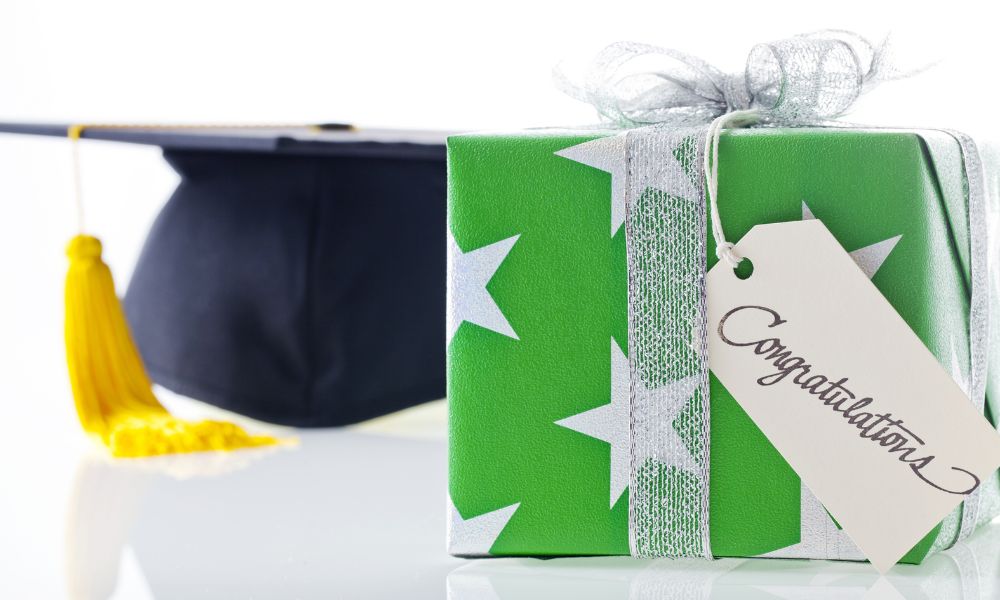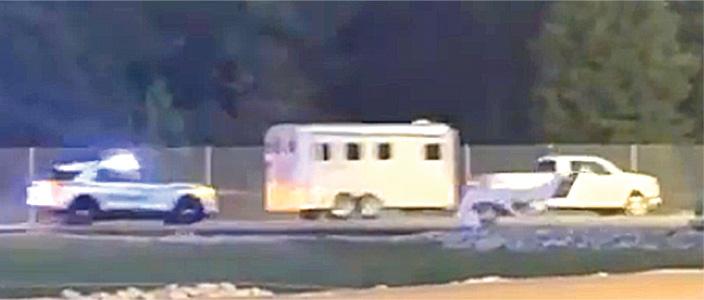
Earning a pilot’s license is a major milestone. Follow that with purchasing your own airplane, and you feel like you’ve made a dream come true. Along with the pleasure of flying your own plane comes the responsibility to be vigilant about safety. Here are some top safety tips for recreational pilots and their aircraft.
Use Your Checklist for Every Flight
You may think checklists are just rote routines—until running through them turns up a significant mechanical issue. Never neglect your checklists; go through them attentively every single time you prepare to fly. Checklists should include a thorough inspection of the aircraft, including gauges, fuel and lubrication levels, and weather.
Minimize Distractions
Brief your passenger before you take off. Keep chit-chat to a minimum during critical times like takeoff, approach, and landing, as well as when you’re dealing with unexpected weather. Your job is to arrive and return safely—even for a brief recreational flight. Your passenger may be a family member or a friend, but they are required to comply with safety regulations regardless of their relationship with you. In the aircraft, you’re the pilot, not the tour guide, the buddy, nor the “fun uncle.”
Don’t Place All Your Faith in GPS
What happens if your GPS fails? Never rely on one form of navigation. Your training, instincts, and eyesight are every bit as important as any technical navigation aids you may use.
Perform Preventative Maintenance on Schedule
Never put off preventative maintenance for your aircraft. Many tasks you can do yourself, while others may require the presence and involvement of a certified airframe and powerplant mechanic.
Ensure you have an adequate supply of the right type of aviation lubricants you need to maintain your aircraft. You might be able to get together with a group of pilots who own the same type of plane and store them in the same hanger to buy aviation lubricants in bulk, saving all of you money in the long run.
Whichever way you do it, ensure you are keeping up with the preventative maintenance schedule, including oil changes and necessary grease and lubrication for things like landing gear, bearings, and instruments. Preventative maintenance is one of the most important safety tips for recreational pilots and their aircraft.
Don’t Fly if It Doesn’t Feel Right
If you’re wary of weather conditions, or you’re not feeling in top shape, don’t fly. Don’t be badgered by whining or your passenger’s pressure to take off when your gut tells you it’s a bad idea. You’re the pilot, and your word on that is final.
These are just a few safety tips. Make sure to consult FAA regulations for recreational pilots for specific regulations on maintenance and flights.
Congratulations on earning your pilot’s license and buying your own plane! With proper attention to safety protocols, you should have many years of safe and enjoyable recreational flying ahead of you.






